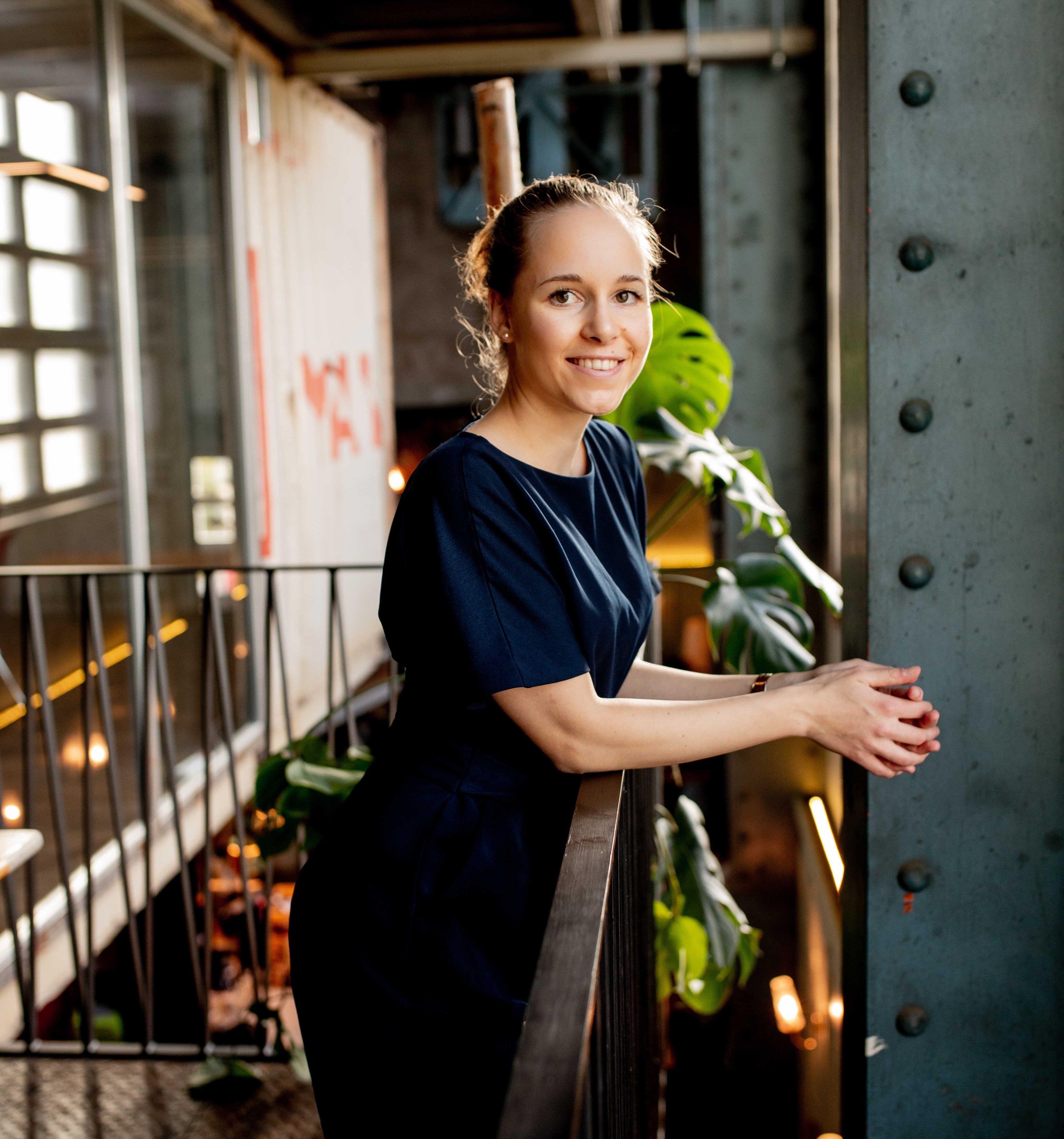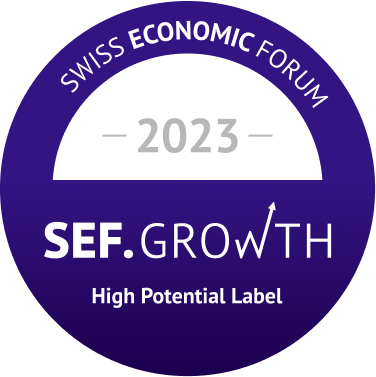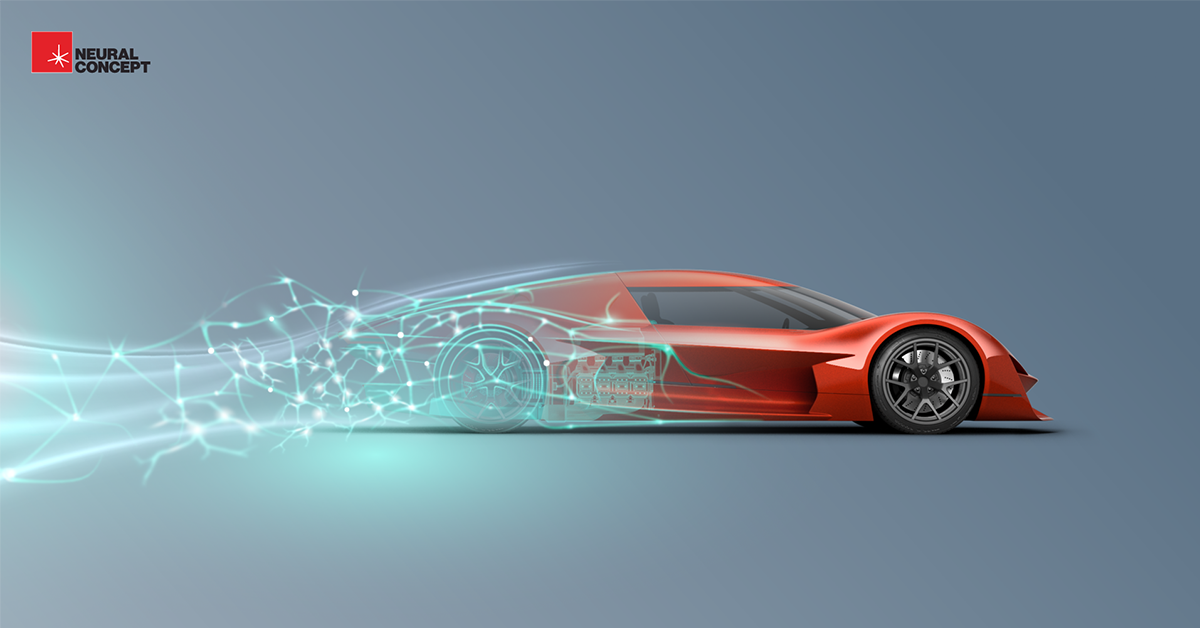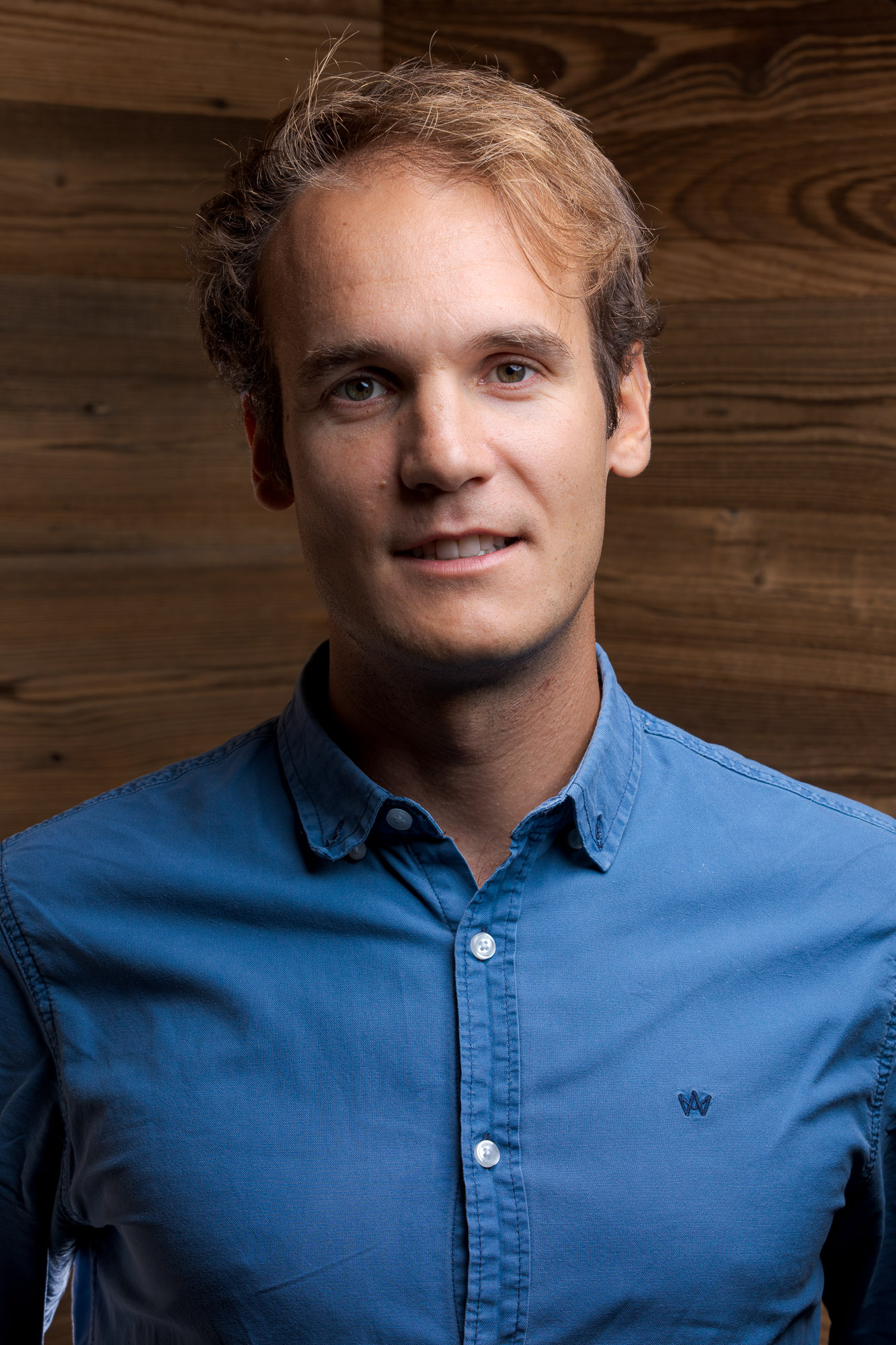Neural Concept: bringing artificial intelligence to engineering-led design
Today, it takes 15 years on average to design a new aircraft and six years to design a new car. The innovative company from Lausanne, Neural Concept, is revolutionizing engineering processes by implementing AI methodologies. With this approach, it will be possible to design a new aircraft within five years and a new car within two years – a third of the currently required time
The company's core idea revolves around leveraging neural networks and deep learning techniques to generate optimized design and engineering processes for a wide range of applications in the engineering field. The deep learning technique is a learning process of AI. Co-founder and CEO Pierre Baqué explains deep learning: "When you are a student, you learn how to solve equations. You need to apply a set of steps to go from the problem to the solution."
After doing a similar exercise many times, you will be able to take shortcuts, and the resolution becomes much more efficient. Similarly, with Deep Learning techniques, the neural networks from Neural Concept learn to resolve certain physics equations for certain repetitive types of problems. For example, some automotive manufacturers simulate the aerodynamics of 10'000 variants of cars per year. There are enormous efficiencies to be found by training our 3D deep learning models on such simulation data."
An evolving technology shapes the company
The company's initial projects explored how neural networks could assist engineers in generating designs that meet specific criteria – structural integrity, weight reduction, improving aerodynamics, or other complex requirements. As the AI and engineering domains continued to evolve, Neural Concept was at the forefront of integrating new techniques and pushing the boundaries of generative design.
One of the pivotal breakthroughs came with the development of algorithms that enabled the generation of designs that met specific functional requirements and exhibited high creativity and innovation. This innovation marked a turning point, as Neural Concept's technology began to be recognized not just as an engineering tool but as a catalyst for ideation and conceptualization.
Pierre Baqué knew long before that the technology would have enormous potential in the engineering and product design industries: "In 2016, my Ph.D. team at EPFL was at the forefront of an emerging 3D Deep Learning field. Engineers work mostly with 3D data – geometry and simulation files – and they create a lot of this data. Most of this isn't used beyond the immediate requirement for which it was initially generated, but of course, it's highly valuable training data for AI. I saw an opportunity to match the new tech of 3D deep learning, the abundance of 3D simulation data, and common design problems across industries to bring exciting new simulation and design solutions to engineers."
Industrial Applications and Impact
Ever since, Neural Concept's technology has found applications across diverse industries, with customers in aerospace, automotive, architecture, critical infrastructure, and more using their platform Neural Concept Space (or NCS for short.). The platform has been used for things like battery cooling plates, ventilation systems, suspension arms, lightning systems, electric engines, chassis, and, of course, for the external design of the car. It is the automotive sector that, at this stage, is currently leading the adoption of Neural Concept's technology. Despite the company only being founded in 2018, it already counts tier-one automotive supplier Plastic Omnium as a customer, in addition to automotive lightweight supplier Mubea, several automotive manufacturing giants in Japan, USA, and EU – and remarkably, four out of ten Formula One racing teams.
Other sectors where Neural Concept'sConcept's technology is used include:
- In the aerospace sector, to design planes and satellites.
- In the consumer electronic sector, to design mobile phones or headsets.
- In the energy sector, to design turbines for efficient energy generation, such as hydraulic turbines.
"We have started working with the medical sector, where simulations are increasingly used. I would like to have more customers in the field of energy transition and decarbonization. Neural Concept could work with wind-turbine manufacturers to make wind farms more efficient or work with energy companies to improve direct carbon capture systems", adds Baqué. "One exciting new field for us is motorsports. We project that the first vehicles designed with our tool will hit the circuits next year. I am really looking forward to seeing what the results are."
The journey goes on
The fact that Switzerland is a small country forced Neural Concept to think internationally from day one. Thus, the young company started working with customers in France, Germany, the USA, Korea, and Japan from an early stage. "I think that the trajectory would have been different if we were founded in Germany or France," says Baqué. "Also, the EPFL ecosystem is precious and with amazing engineers who have joined our mission."
At the same time, team growth is anticipated to be one of the next big challenges. Currently, the company has around 40 employees, and that's expected to rise to 80 team members in the near term. It's well known that as companies scale, the challenge to maintain the original culture of the startup company likewise increases. But with their awareness of the importance of company purpose and their innovative Neural Concept, they will no doubt master this next evolution, too. The collaboration with SEF.Growth will also play a part, notably the excellent inputs from their top-notch experts that will be transformed into actions.
The author

Alyssia Kugler
Communications SEF.Growth
Alyssia Kugler writes freelance for various publications on topics that concern startups. She is committed to startups as the managing director of the Entrepreneur Club Winterthur.


